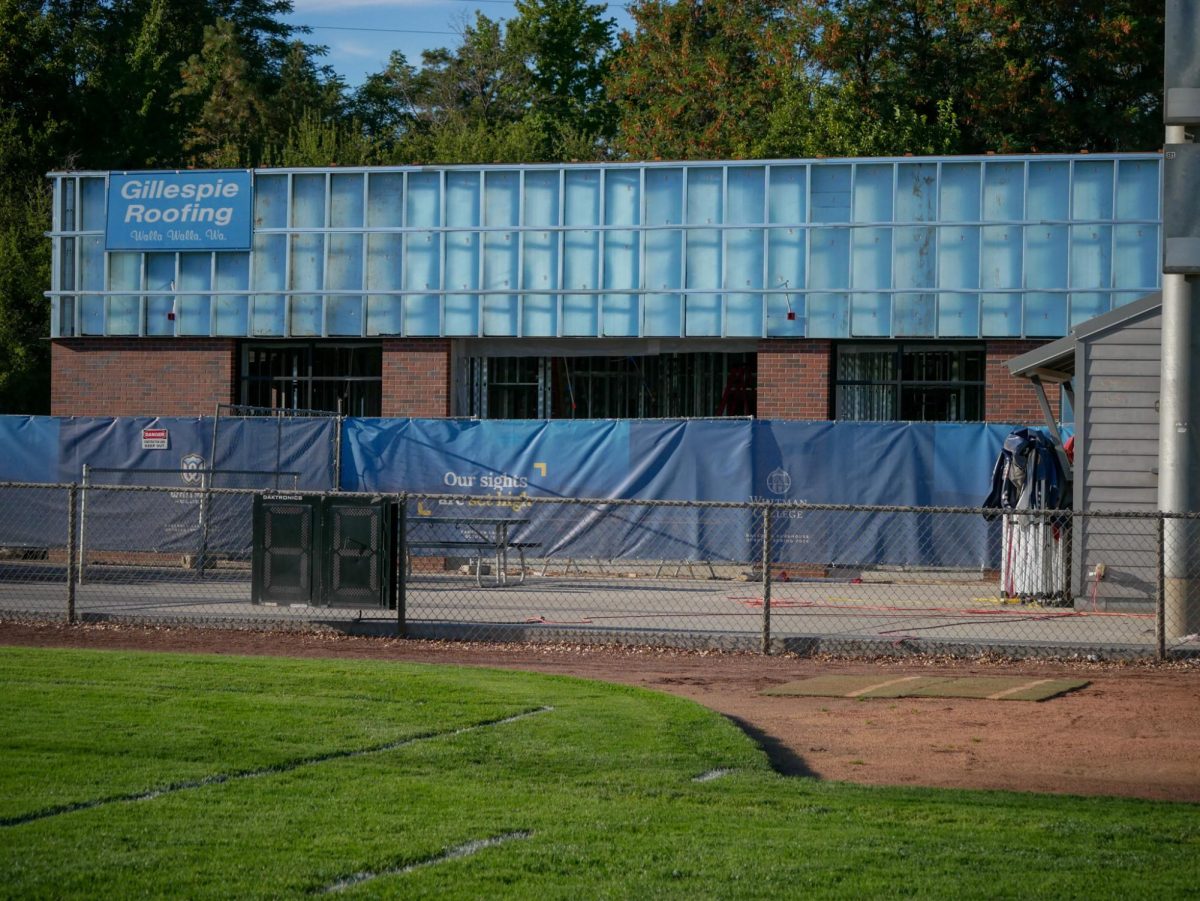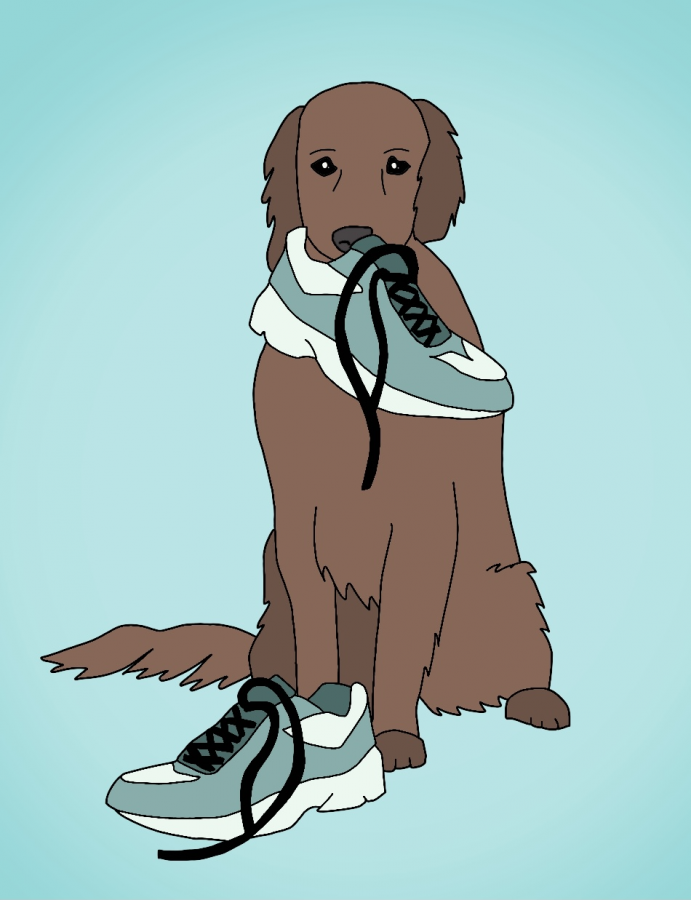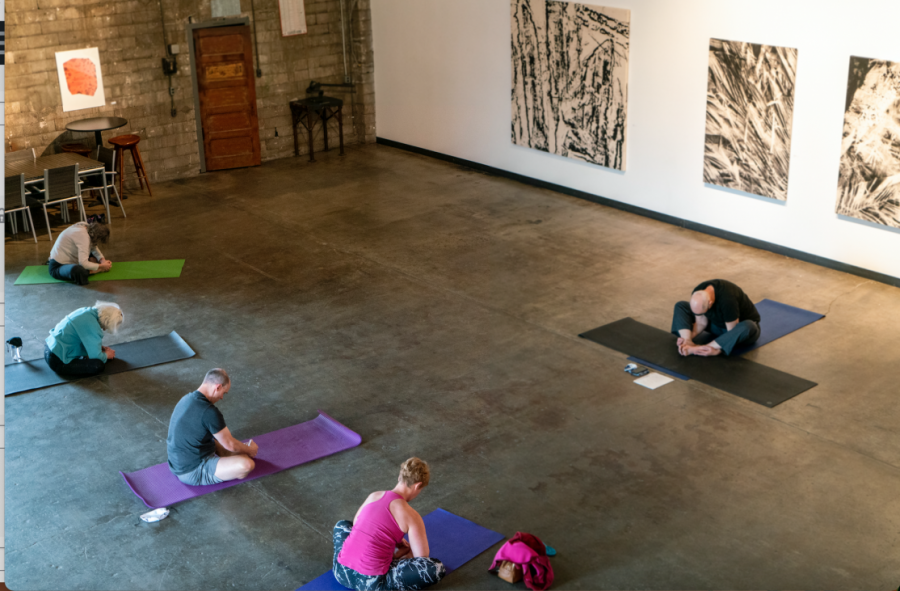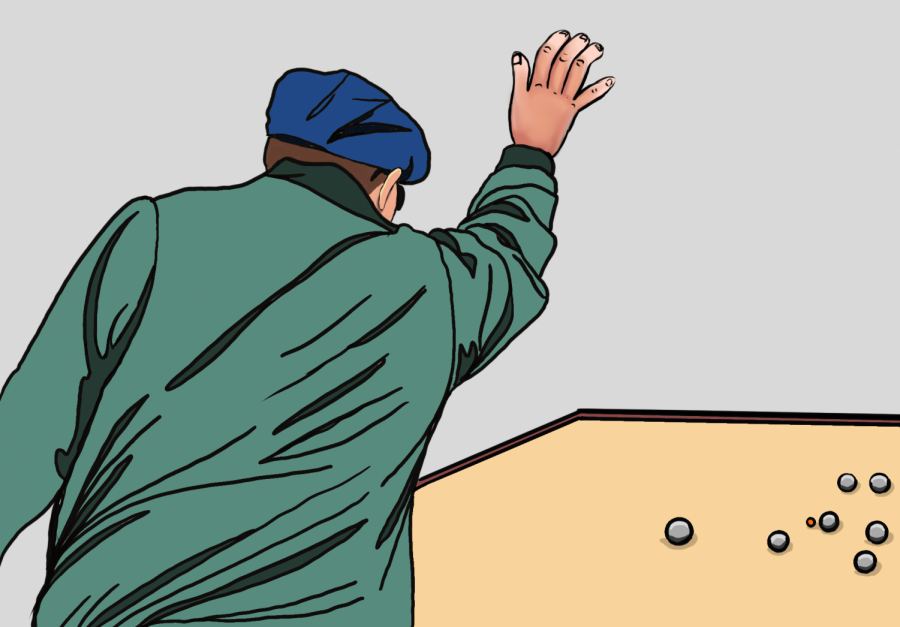The news broke a few weeks ago that Northwestern University starting quarterback Kain Colter and a few other college athlete advocates had taken the first steps to organize a union for the college football players at Northwestern. Colter worked with Player Advocate Ramogi Huma to submit paperwork to the Chicago office of the National Labor Relations Board, which included cards filled out by a majority of the Northwestern players, who are in favor of unionization.
This rebellion against the National Collegiate Athletic Association is neither the first nor the last time the influence of this all-powerful association has or will be challenged. It’s also the exact step that college athletes need.
While a groundbreaking step, this act by athletes at Northwestern does not automatically create or even guarantee that a union will eventually be formed. The proposed union, the College Athletes Players Association, will have to survive attempts by both the school and the NCAA to invalidate it. The NCAA will likely argue that the players are not even employees and have no right to unionize. In the end, the debate is over whether players are “student-athletes” or employees paid through scholarships, free housing and other benefits.
This union is the first drop in a quickly filling bucket. The current system in which the NCAA makes money, yet is not responsible for its players’ safety, is akin to working conditions in U.S. factories in the early 1900s. Colter has stated that the athletes are just looking for a voice.
“Athletes need to finally have a seat at the table when rules and regulations are determined. They need an entity in place that can negotiate on the players’ behalf and have their best interests in mind,” said Colter.
Colter is exactly right. The players make billions of dollars every year for their schools and for the NCAA; they should be given at least some of the power to decide if a certain policy benefits them.
“Money is far from [first] priority on our list of goals,” said Colter. “The health of the players is [first.] Right now the NCAA does not require or guarantee that any university or institution covers any sports-related medical expenses. Student-athletes should never have to worry about if their sports-related medical bills are taken care of.”
This is the most important distinction; these student-athletes receive upward of $100,000 in tuition, fees and room and board during their college careers. They are definitely compensated for the money they make their school and the NCAA, but this is not a sustainable income. If Colter suffers a knee injury playing football next fall that requires surgery after he is done with school, the NCAA is not required to cover it.
In a response to the union movement, NCAA Chief Legal Officer Donald Remy released a statement in which he stressed that the student-athletes are not employees and that their participation in college sports is voluntary. This seems true, but it is not so for a player whose only goal is the NFL or the NBA. While getting to these professional leagues after not going to college is possible, the best route remains through a large institution.
In the end, college athletes are paid a lot: free education, tutors, special dorms and much more are provided by the school, but their health and safety is at risk far beyond their years in college. At least give them a seat at the table.










